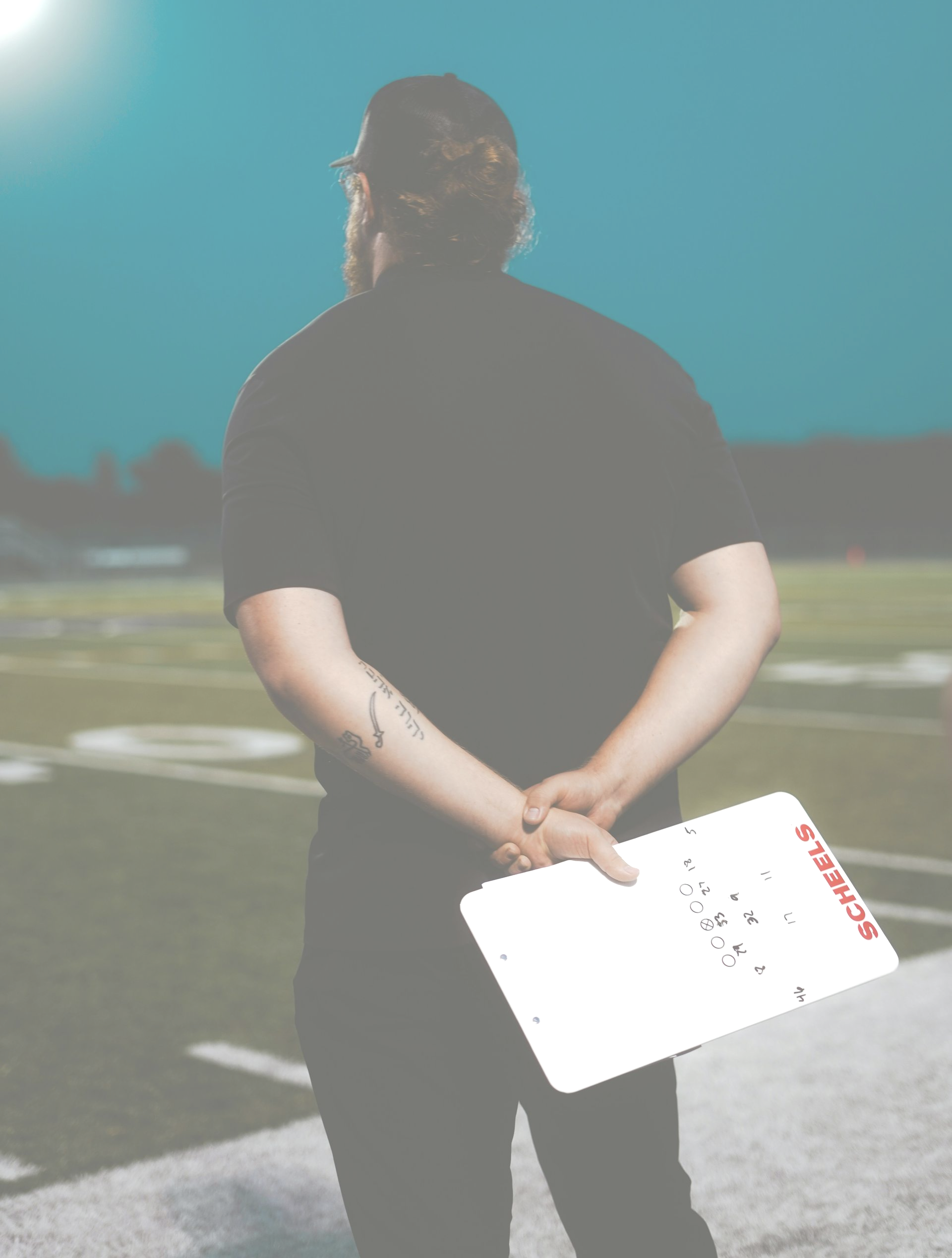Creating a Safety Plan: What to do when you're having a really hard day.
Bad days happen, you can be prepared by creating a plan to help you cope.

Creating a Safety Plan: What to Do When You’re Having a Really Hard Day
We all have hard days. But sometimes, a hard day turns into something more — when the pain feels unbearable, the thoughts get dark, and it feels like there’s no way forward.
If you’ve ever been in that place, you know how hard it is to think clearly in the middle of it.
That’s why one of the most powerful things you can do for yourself is to plan ahead — when you’re in a steadier space — so that when those moments come, you already know what to do.
This kind of plan is called a safety plan, and it can truly be life-saving.
What Is a Safety Plan?
A safety plan is a simple, personalized guide that helps you navigate your worst days. It’s something you can create on your own, with a therapist, or with someone you trust.
It usually includes:
- Warning signs — what thoughts, feelings, or situations tend to lead you into crisis.
- Support network — a few people you can contact when you’re not okay.
- Coping strategies — things that help you calm down, distract yourself, or self-soothe.
- Professional supports — crisis lines, hospitals, therapists, or walk-in clinics.
- Reasons to live — reminders of what’s still meaningful to you, even when life feels impossible.
Having this written out means you don’t have to think in the moment — you can simply follow your plan.
Building a Support Network
When you’re struggling, isolation makes everything worse. Having people you can reach out to — even just one — can be the difference between despair and safety.
Your safety plan might include:
- A trusted friend or family member
- A therapist or counsellor
- A crisis line (in Barrie, you can call 211 any time, day or night)
If you live with family or roommates, you might even share parts of your plan with them. Some people use a code word — a simple phrase that means “I’m not okay and need help,” without having to explain everything.
If you’re a parent or a teen, this can be especially helpful when words feel too heavy.
Creating a Coping Toolbox
When you’re in distress, your brain can’t always access what usually helps — you forget your coping skills, your favorite songs, your routines. That’s why it’s powerful to make a list or a box of things that soothe or ground you before you’re in crisis.
Here are some ideas clients often find helpful:
- Listening to music (sad or uplifting — whichever you need)
- Writing or doodling
- Cleaning or organizing something small
- Going outside, walking, or gardening
- Spending time with pets
- Holding something comforting (a soft blanket, a keepsake, a photo)
- Watching a favorite show
- Lighting a candle or making tea
- Taking a nap — sometimes rest is the most healing thing you can do
You can even make a “comfort box” — fill it with small, tangible things that remind you you’re safe and loved: a letter from a friend, a travel memento, or something that connects you to someone you miss.
When to Use It
A safety plan isn’t only for moments of active suicidal thoughts — it’s for any day that feels too heavy to handle alone. Maybe you’re overwhelmed at work, or you’re driving home and realize you’re not sure you can do another day like this. Those are the moments this plan is made for.
And if you ever feel unsafe or unsure if you can stay safe — please, reach out. Call 911, go to your local emergency department, or contact 988 in Canada or the U.S.
You do not have to go through those moments alone.
A Note on Hope
When you’re in that dark place, hope can feel like a lie. But hope isn’t about pretending things are fine — it’s about remembering that change is possible.
That’s why your safety plan ends with reasons to live — things that matter to you. Maybe it’s your kids, your pet, your faith, or the dream of seeing the ocean again. They don’t have to be big things — just true ones.
Write them down. Keep them close. They’re your reminder that the story isn’t over yet.
If you are in crisis or having thoughts of suicide, please call 911 or go to your nearest emergency room.
You are not alone. There is help, and there is hope.
____________________________________________
If you are struggling, we are here to help. Our team of Registered Psychotherapists is trained to support you through your toughest days and help you create safety plans so you can move forward with hope and help. To book with us, please use https://resetbarrie.janeapp.com
This post is a companion to our podcast, Beyond the Session, which you can find on Spotify or YouTube. This episode features Andi Atkins, Registered Psychotherapist and Kathleen Tsang, Registered Social Worker at Reset Counselling & Psychotherapy in Barrie.

